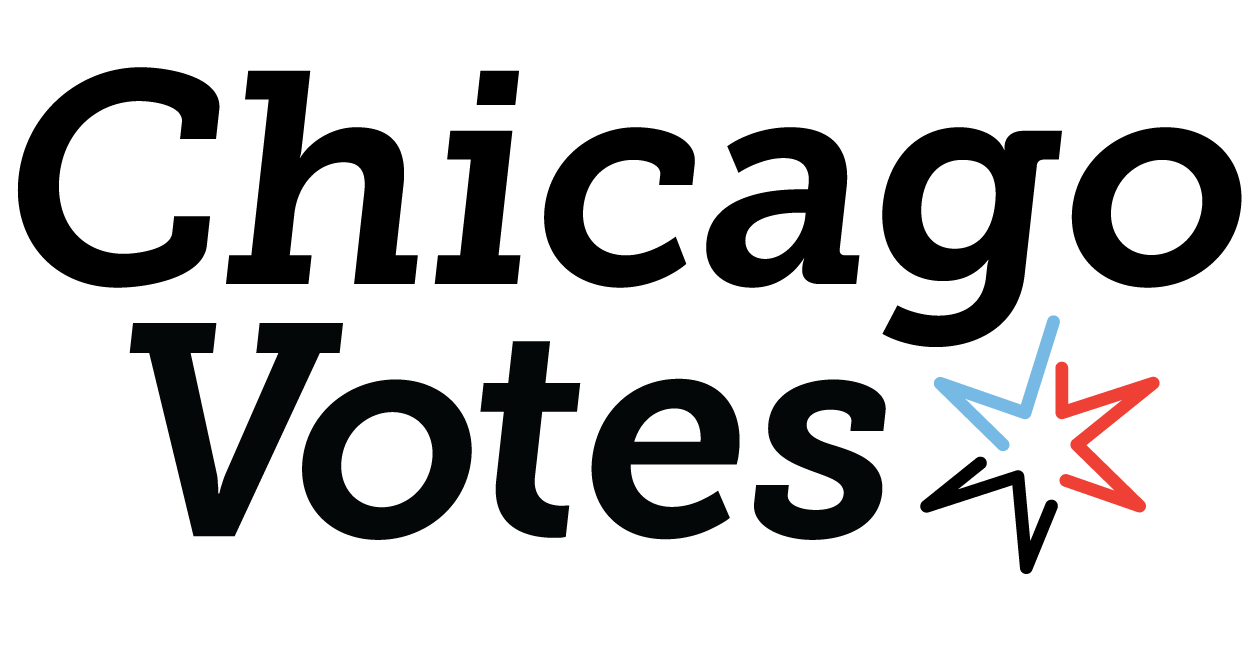To: Mayor-Elect Lori Lightfoot
From: Stevie Valles, Executive Director of Chicago Votes
Objective: A more open, representative and diverse government, free from conflicts of interest.
Initiative: Create a City Government that reflects, respects and validates the voices of Chicago youth. (For the purposes of this memo, youth refers to people between the ages of 18 and 35)
The following is an explanation of how Mayor-Elect Lightfoot’s values of Equity, Transparency, Accountability, Diversity, and Inclusion, and Transformation will be infused into this initiative:
EQUITY –
- Establish Youth Advisory Council: A committee of youth stakeholders should be established to represent the lived experiences of youth in Chicago. Representation should include youth who have been incarcerated, experienced frequent unemployment, students, organizers, and artists. Participants should receive a city stipend.
- Utilize Data to Identify Community Groups from At-Risk Communities To Make Appointments: Data should be utilized to identify groups to make appointments to the youth advisory council. Community groups should come from communities that are the most in need. Specifically, areas that do not have community schools, lack access to fresh produce, have high incarceration and unemployment rates, have less access to mental health supports and have higher rates of violence.
TRANSPARENCY –
- Ending Closed Door Meetings: City government should end the process in place where an authority can decide who can and cannot come into meetings. This process has been used to deliberately keep youth out of meetings. Specifically, city council meetings that are open to the public.
- Diversifying the Time and Location of City Council Meetings: The time and location of city meetings should be scheduled to ensure more young people are able to attend.
- Improve Public Facing Communications: Public facing communications should be improved to have more live television and/or online coverage of meetings, and at least a one week notice of legislation to be discussed in meetings.
- Citywide Participatory Budgeting: The city should enact a citywide participatory budget process.
ACCOUNTABILITY –
- Give Youth an Official Role in Holding City Government Accountable: The city should establish a Youth Advisory Council to serve as the youth voice in city government and be a watchdog, on behalf of youth, for areas of city corruption.
- Community Elected Public Advocate: Alternatively, or in addition to the Youth Advisory Council, the city should consider an elected position of Public Advocate to be an independent watchdog on behalf of ALL citizens in Chicago.
DIVERSITY AND INCLUSION –
- Remove Alienating Language from City Government: Official titles like Alderman or Committeeman should be changed to Alderperson and Committeeperson to be gender inclusive. All language should be vetted to ensure it doesn’t alienate any of the city’s citizens.
- Give Voices from Nontraditional Places a Formal Role in Decision Making: Youth that have had interactions with city agencies should have a formal role in advising those angencies functions. For example, youth that have been incarcerated should have a voice in policing and incarceration; youth who were raised in foster care should have a voice in advising improvements to the foster care system.
- Oversight to Address Inequities Proven By Data: The Office of Inspector General’s website proves disturbing trends in policing, gender wage gaps, and budgeting. There should be independent oversight to hold those responsible for these trends accountable.
TRANSFORMATION –
- Youth Should Take the Lead in Creating a New Political Culture in Chicago: The culture of corruption in Chicago politics must be transformed and replaced with a culture of innovation, ideas, equity, and love. Youth voices must lead the way in making this process happen. In order for that to be achieved, Chicago youth should have an official role in city government in the form of an advisory council.
What is happening now that should keep happening?
- Witness slips on the county level.
- Participatory budgeting on the ward level in some wards.
- Data tracking by the office of Inspector General.
What do we need to implement in the next 100 days?
- A Youth Advisory Committee.
- Ending city hall lockouts.
- An Executive Order to reform alienating language.
- An Executive Order to permit community groups to make appointments for the Youth Advisory Committee.
What we can plan for in terms of long-term implementation?
- Mandated citywide and ward-based participatory budgeting.
- Changing the municipal election day to summer.
- Elected Public Advocate.
What challenges will we face?
- The tension between new voices and ideas conflicting with those of the status quo.
- Overcoming distrust of City Government and its officials by youth.
